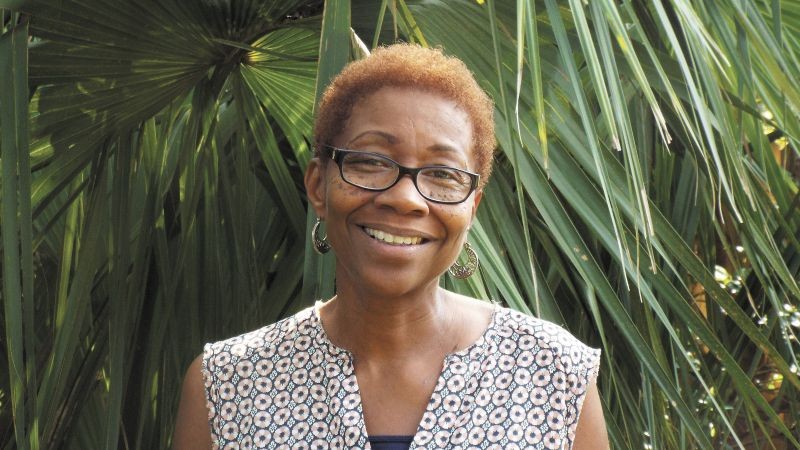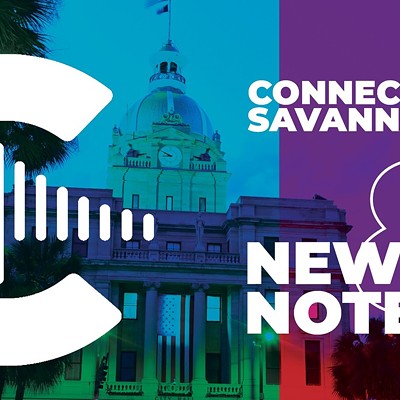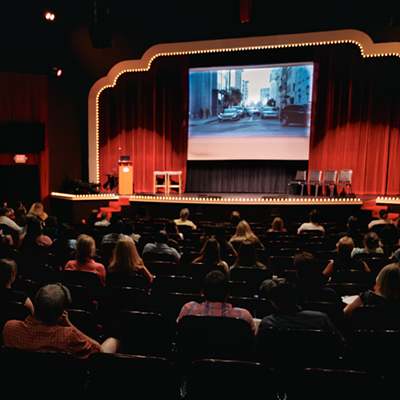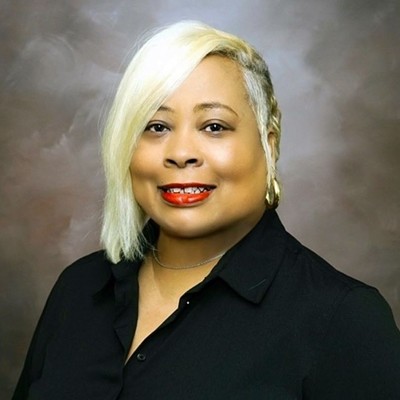GEORGIA VOTERS next year will decide if the Governor should have the power to take over persistently "failing schools."
But wait! Didn’t lawmakers force school reforms a few years ago? Yes. And a few years before that? Yes. And a few years before that?
Don’t get smart on me, now! Politicians love to play educators! I half expect to see some of them standing in front of a classroom sometime soon.
And Nathan Deal at a whiteboard is just about as loony a thought as many other poorly-conceived lawmaker-led initiatives. The pols never take the time to find out what works.
And what works in education reform?
“It’s never cookie cutter because every city is unique,” says education researcher Alethea Raynor. “There are very different entry points based on a lot of different dynamics.”
Raynor has been taking the time and studying education “systems” for decades now. She works from her home in Savannah with the Annenberg Institute for School Reform at Brown University.
Leading a small team, she publishes reports that help communities and districts find ways to improve educational outcomes and remove disparities. Just don’t call her a researcher.
“I’m a researcher-practitioner,” she says. “The research is something that I do as part of my job. I’ve spent 40+ years in education and most of that time I’ve been a practitioner.”
Most people around town might know her as one of the founders of the outspoken AMA (African-American Male Achievement) initiative and the short-lived Risers Academy.
The former focused on how black male students receive much harsher punishment compared with similar non-black classmates—the school-to-prison pipeline.
And the latter was an all-boys public school program at Hubert Middle School that focused on mentorship and discipline in a poor—and mostly black —neighborhood.
“Creating a positive self-image was huge,” she says of the boys at Risers, now revamped as Paragon Academy. “We really worked at that and then we worked at exposing them to what was out there in the community and the world greater than they were aware of.”
But these efforts were far from Raynor’s first foray into the mine field of education policy. Her career has focused like a laser beam on “equity” since the 1970’s.
Her most challenging argument, it seems to me, is that all students should not be treated equally. She says schools need to give a little extra lift to vulnerable populations.
“It’s not about equity from the sense that everybody gets the same,” she says. “It’s about everybody gets what they need.”
She talks about giving students “culturally relevant pedagogy.” But she insists there’s no “black way” to teach.
This is one idea I don’t really understand. But unlike some people, I trust the data. A little easier concept to bring home relates to community partnerships.
She has found that when districts create a broad cross-sector of relationships with outside partners—and align those relationships with good data systems—reforms can flourish.
“This is not a single system issue,” she says. “Thinking of schools as a system, they are not the only system in that pipeline. We have the juvenile justice system, we have the law enforcement system, we have the child welfare system. All of these systems interact.”
Her recent research has taken her to Chicago, New Orleans and Nashville. These places have tried to get everybody at the table with varying degrees of success. It’s not easy.
But school reform is never easy, which leads me back to politicians. When the Governor takes over schools, will he consider data like those wielded by researchers like Raynor?
Or will he cut cookies with ideology? Who knows. Only voters can give him the option.


























